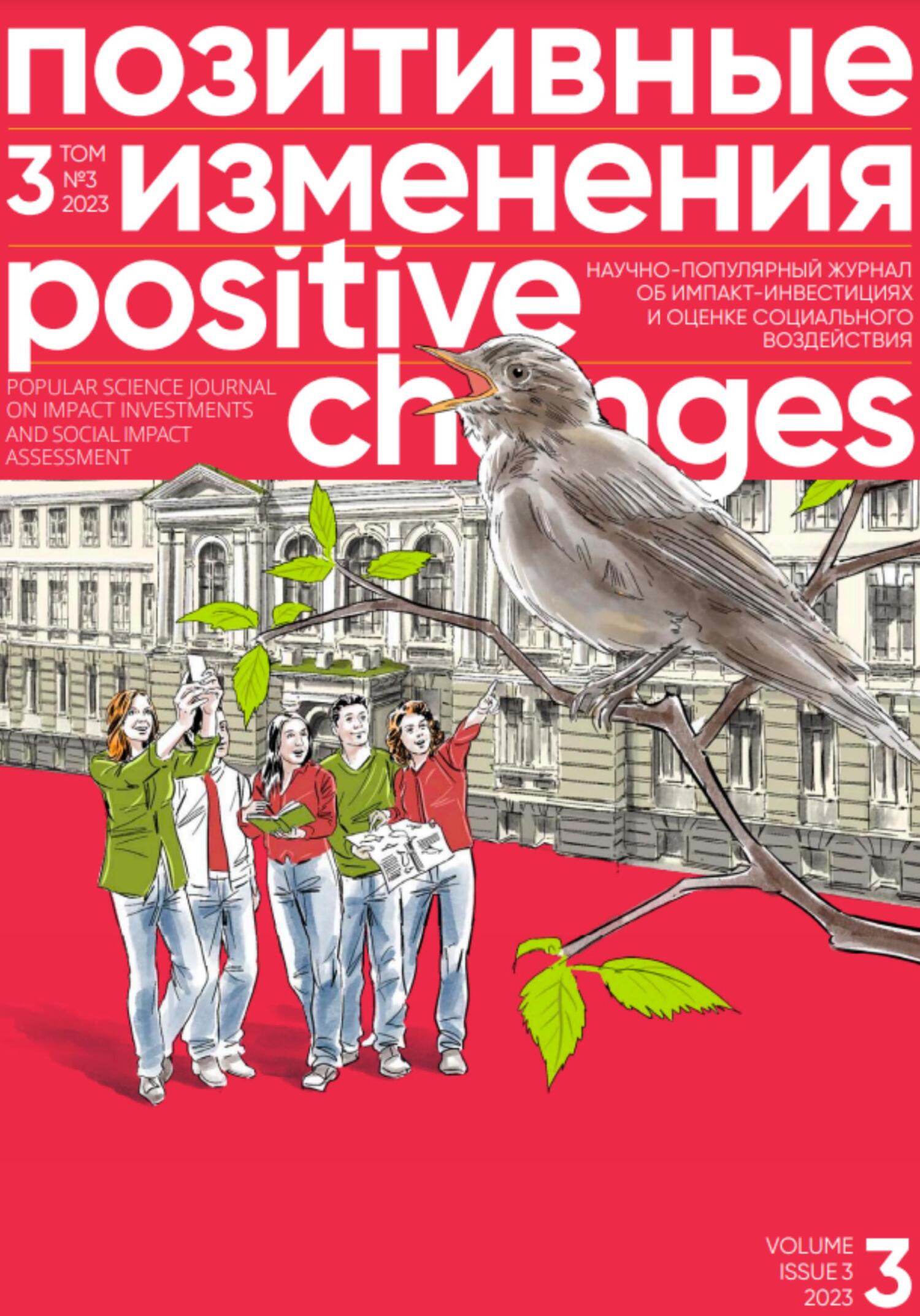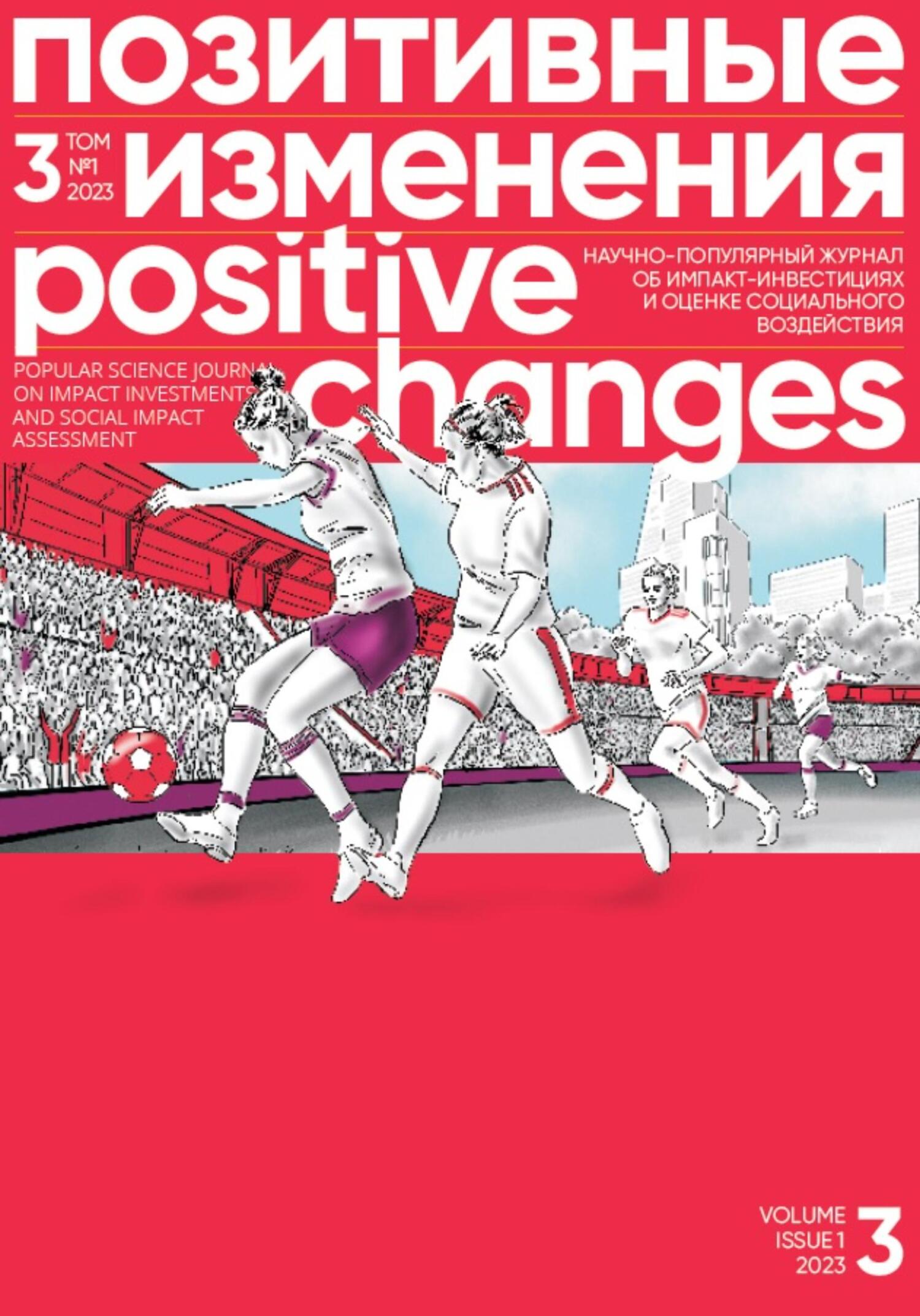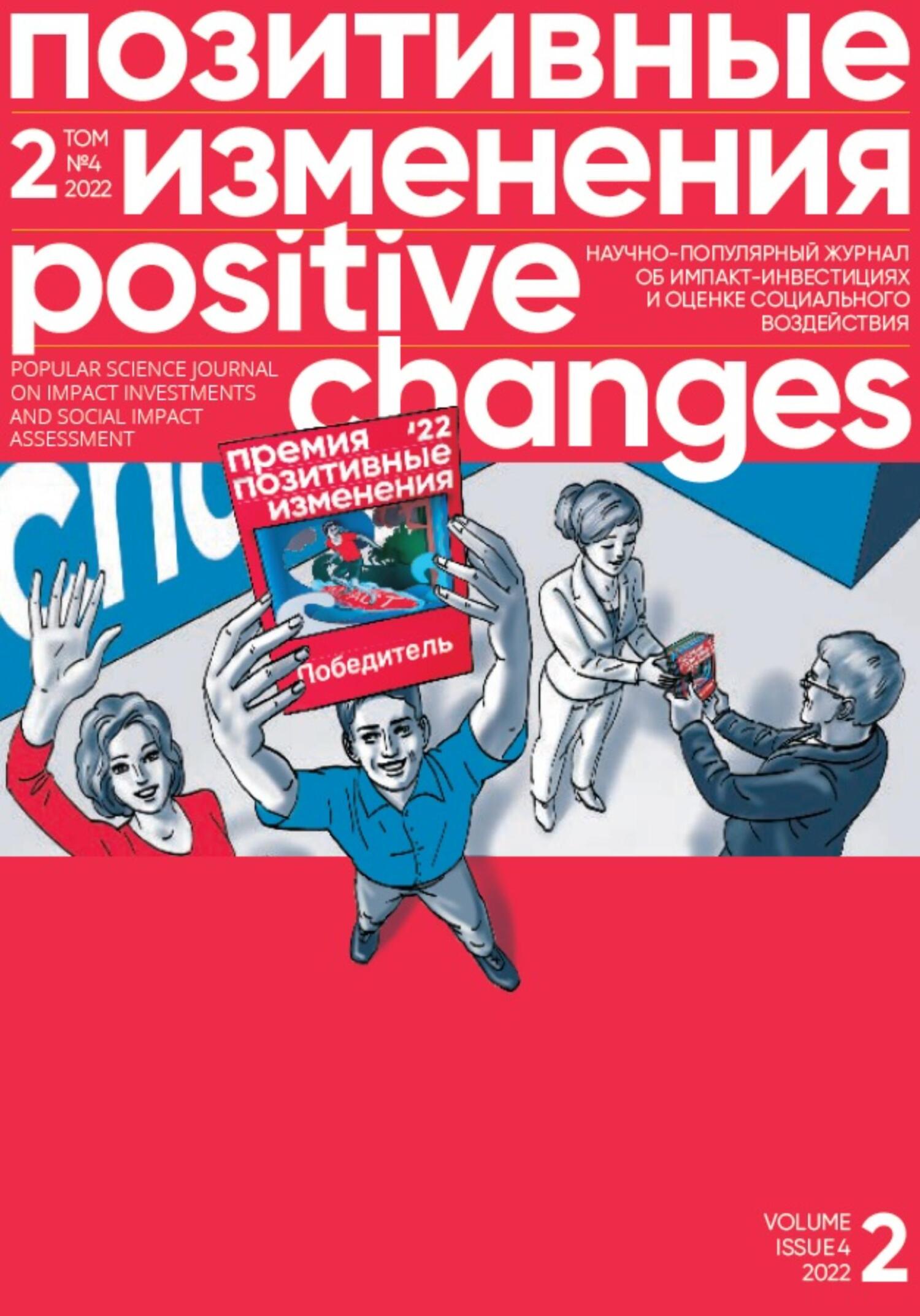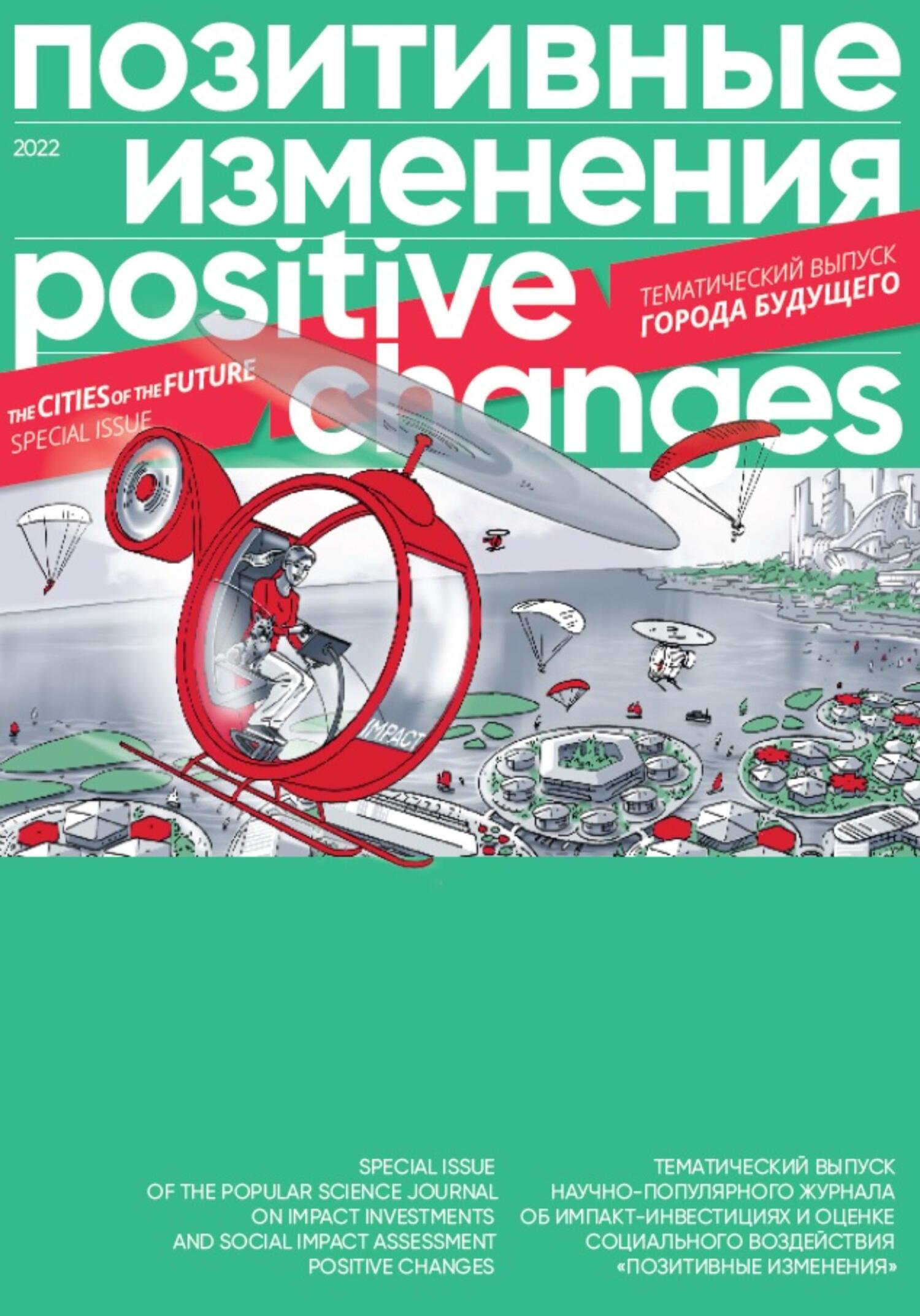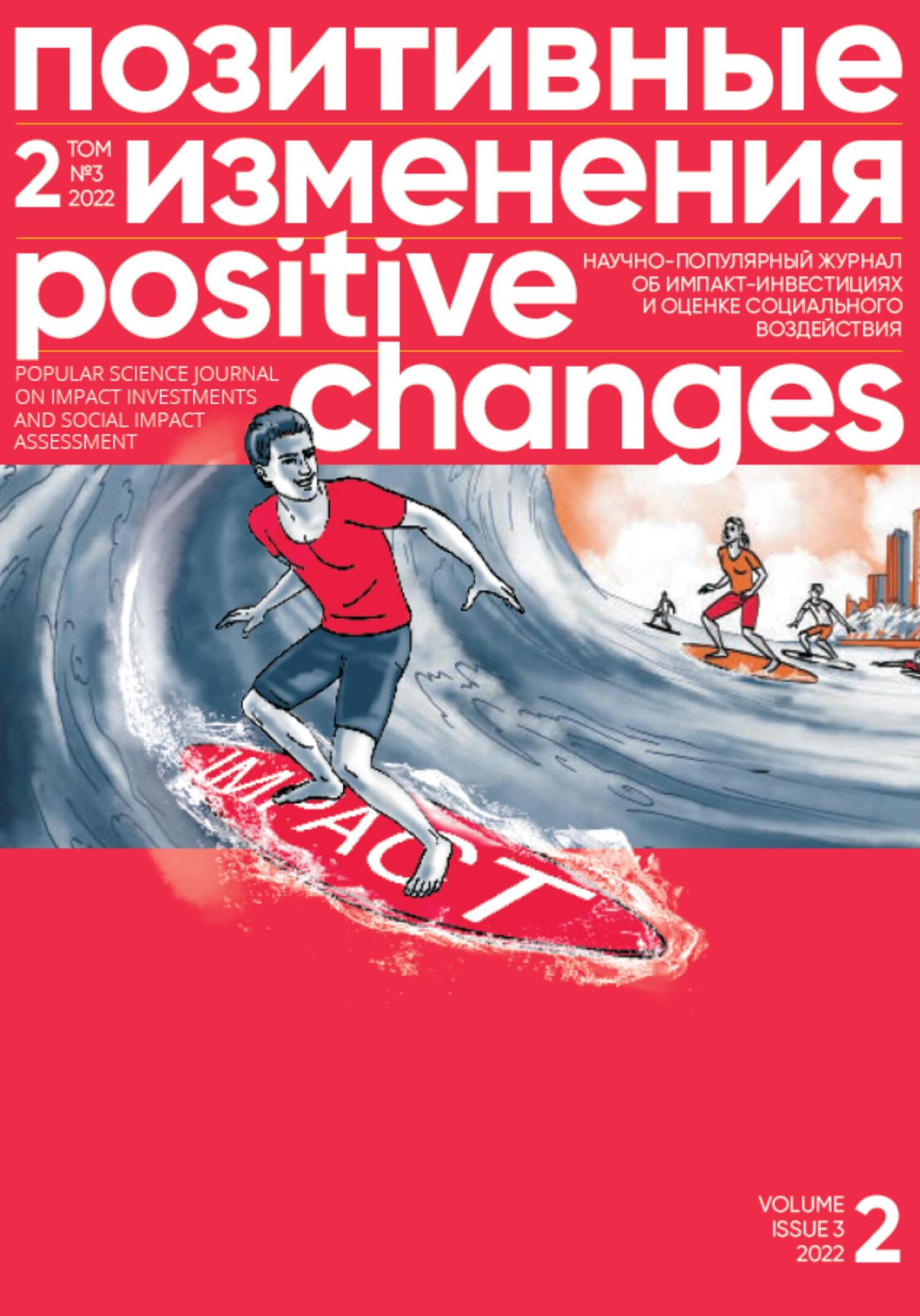funding of strategic research priorities, retaining the freedom of the individual researchers and recognizing the responsibility of universities in ensuring a broad knowledge base for society.
Interdisciplinarity is an important approach in the universities’ activities. Many new discoveries will happen at the interface between disciplines and will be crucial for meeting the challenges.
Diversity and social cohesion are important components of sustainable development. Access to higher education will be equitable and open to all. Universities will be equipped to welcome students and staff from all backgrounds, playing an important role in addressing social disparities.
“Learning and research environments will be designed to accommodate the needs of a diverse student and staff body. Universities will keep working in partnerships in order to connect, share and build capacity. They will form an inclusive, truly global research and higher education community with partners all around the world,” the vision proclaims.
STRONG, AUTONOMOUS AND ACCOUNTABLE
The EUA believes that in 2030, universities across Europe will enjoy high levels of autonomy and have the capacity to make strategic choices about organizational, financial, staffing and academic matters. The university community, including all types of learners and staff, will co-create the future of the university together with the institutional leadership.
Universities will be accountable to stakeholders and society at large. There will be a continuous exchange with policy makers, civil society, citizens, business and other societal groups, through various university activities. Stakeholders will support such a dialogue.
The strategy endorses the idea of academic freedom, which is the freedom of thought and inquiry to advance knowledge based on accepted standards of academic ethics and integrity. Universities will ensure that all staff groups have access to continuous training for professional development.
UNIVERSITY MISSIONS IN 2030
According to the strategy, the unique combination of the missions of learning and teaching, research, innovation and culture will remain the key characteristic of Europe’s universities. Let’s go into more detail on what the European University Association puts into the content of each mission.
LEARNING AND TEACHING
“The higher education will nurture and enable the development of learners as creative and critical thinkers, problem solvers and active and responsible citizens equipped for lifelong learning,” the strategy emphasizes.
The authors argue that through higher education, learners will also attain high-level skills and expertise for their professional development. They will have more opportunities to participate in traineeship programs during their studies. Learners will graduate with both knowledge in their disciplines and exposure to challenges and problem-solving, including in other disciplines. This experience will be applied towards positively impacting the society around them.
University learning will be a collegial and collaborative process, in which teaching will be a core part of academic practice, closely linked to research activities.
Universities will provide a context for learning through the integration of their different missions and they will actively promote lifelong learning. While digitalization will continue to expand, physical presence on campus will remain a core feature at most institutions.
While some learners will seek personal development and a degree after finishing secondary education, others will enter at different stages in their lives, with full access to a variety of learning spaces and flexible, multi- and interdisciplinary paths.
RESEARCH
“Universities will be essential to the research process, providing space for lateral thinkers, who test and develop new ideas that are not yet acknowledged by fellow researchers or by society at large. They will promote multi- and interdisciplinary research,” the document continues.
The EUA states that Europe’s scholarly information infrastructure will facilitate cross-border, multidisciplinary research with advanced digital services and tools.
Ethics and integrity will be actively promoted by universities across all missions. Furthermore, universities will maintain the responsibility of delivering doctoral education and ensuring the formation of the next generation of highly qualified researchers.
INNOVATION
Europe’s universities will make human-centered innovation their trademark, aiming to achieve sustainability through cooperative models.
They will engage in co-creation of solutions to common challenges with a wide range of partners spanning from academia, business and start-ups, to civil society and the social and cultural scene.
“Academic research and education will be a key foundation for innovation. Academics and students will be active contributors to innovation by working on concrete challenges in multi- and interdisciplinary teams,” the authors reckon.
CULTURE
According to the EUA, cultural activities will remain a key element in universities’ engagement with society. Universities will be critical custodians of knowledge and traditions. They will continue to protect heritage, promoting the study and knowledge of culture and language diversity within Europe and beyond. They will continue to be places where people from different cultural backgrounds meet, exchange and collaborate. Universities will foster the development of intercultural competences, a vital contribution in a world where local and global realities converge through the increased use of digital technologies.
TURNING VISION INTO REALITY
“Universities need academic freedom, institutional autonomy, sufficient and sustainable funding and efficient support for collaboration. To face the challenges of this decade, it is critical that Europe’s universities are equipped to make decisions about the paths they want to pursue in order to best fulfil their missions in service to society,” the authors state.
According to the document, making this vision a reality will depend on three factors:
1. Enabling frameworks that strengthen and protect university autonomy in its various dimensions. These include supporting universities in their continuous development and including clear and consistent provisions guaranteeing scholars and students the rights that constitute academic freedom. The frameworks need to consider the needs of science, for example in copyright and data protection regulation, and support transnational collaboration among Europe’s universities.
2. Adequate investments in order to meet the challenges of the new decade. Financial autonomy must be strengthened to enable the university to take strategic decisions and foster institutional profiling. Additional investments in infrastructure, both physical and digital, as well as in academic and professional staff, will be crucial.
3. Strong leadership that needs to be inclusive and transparent in its decisionmaking. Current and future leaders must have support for the
